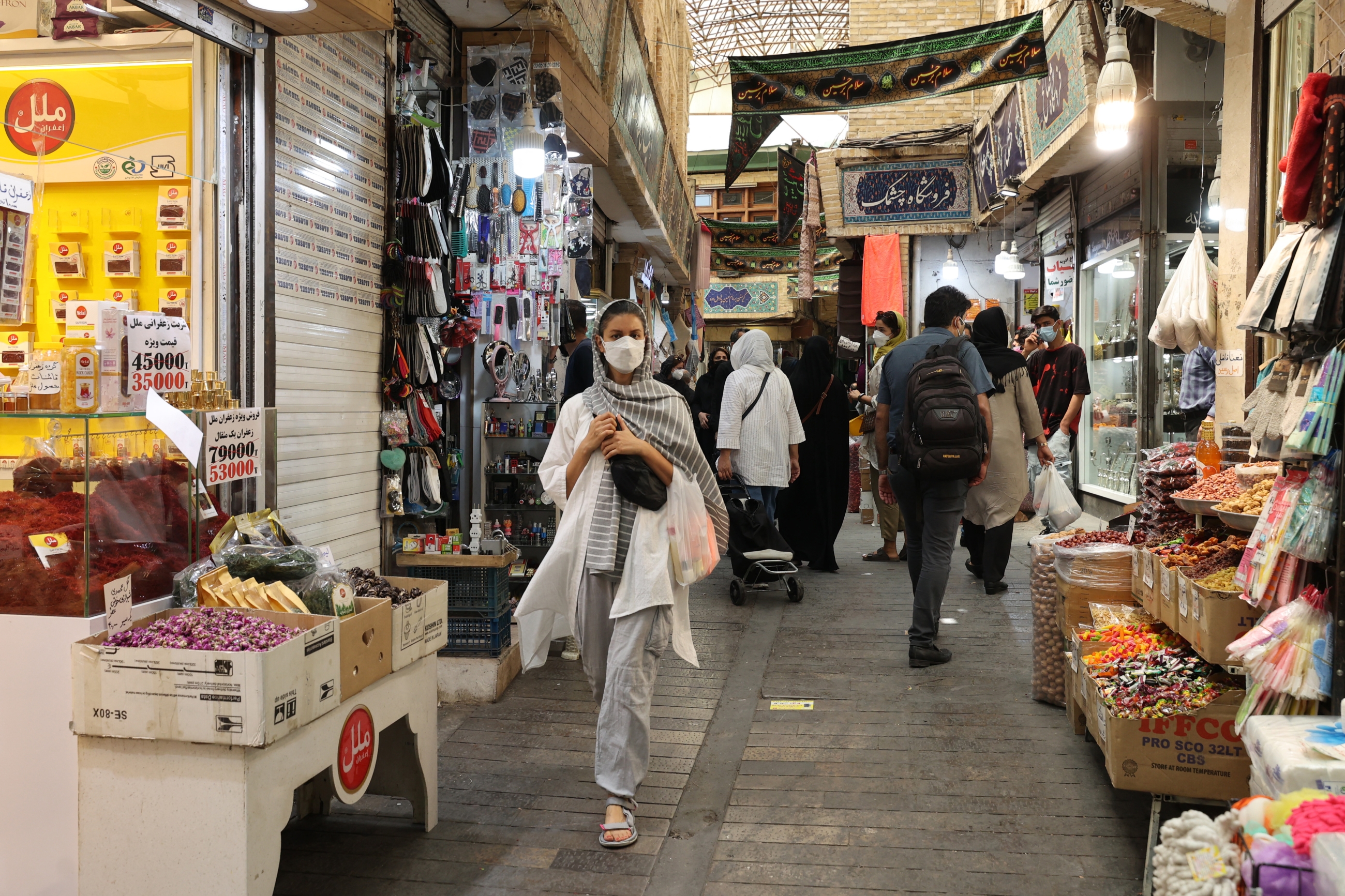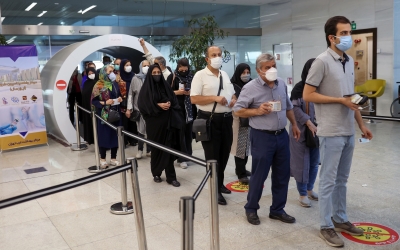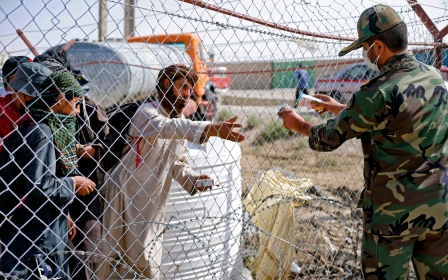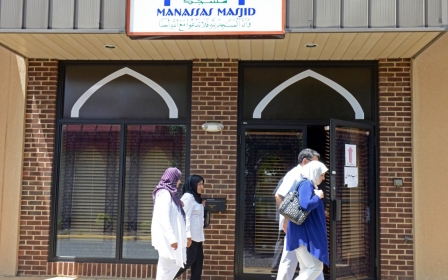Covid-19: Deaths surge in Iran following lifting of restrictions

Covid-19 deaths in Iran have surged following the lifting of restrictions in the country.
Iran's health ministry on Sunday reported more than 680 daily Covid deaths for the first time.
Last week Iran tightened curbs to contain the spread of the virus.
The six-day restrictive measures that ended on Saturday included the closure of government buildings, banks and non-essential shops.
The ministry said the deaths of 684 people in the past 24 hours brought the total number of fatalities to 102,038.
New MEE newsletter: Jerusalem Dispatch
Sign up to get the latest insights and analysis on Israel-Palestine, alongside Turkey Unpacked and other MEE newsletters
Iran also registered 36,419 new infections raising the total since the pandemic started to 4,677,114.
Iranian health officials have acknowledged that the ministry's figures understate the real toll but even they make Iran the worst-hit Middle Eastern country.
'A fifth wave'
A nationwide ban on private car travel between provinces remains in force until 27 August.
Iran has avoided imposing a full lockdown on its 83-million-strong population, instead resorting to piecemeal measures such as temporary travel bans and business closures.
Since late June, Iran has seen what officials have called a "fifth wave" of infections, the country's worst yet, which they have largely blamed on the more contagious Delta variant of the virus.
Daily deaths and infections have hit record highs several times this month.
The Islamic republic launched a vaccination drive in February but it has progressed slower than authorities had planned.
Choked by US sanctions that have made it difficult to transfer money abroad, Iran says it has struggled to import vaccines.
More than 16.7 million people have been given a first vaccine dose, but only 5.8 million have received the second, the health ministry said on Sunday.
Middle East Eye delivers independent and unrivalled coverage and analysis of the Middle East, North Africa and beyond. To learn more about republishing this content and the associated fees, please fill out this form. More about MEE can be found here.





